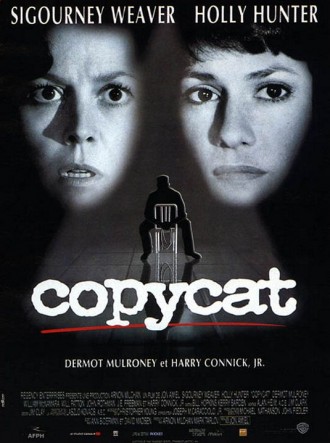 The “whistleblower” who claimed she was told to fudge cloud Oracle’s cloud accounts has done something that Larry Ellison’s PR team should have expected – it has put a focus on the database maker’s cloud accounting policies.
The “whistleblower” who claimed she was told to fudge cloud Oracle’s cloud accounts has done something that Larry Ellison’s PR team should have expected – it has put a focus on the database maker’s cloud accounting policies.
The lawsuit, filed on Wednesday in US District Court in San Francisco by former Oracle senior finance manager Svetlana Blackburn, also revives longstanding questions about proper accounting when software and computer services are bought on a subscription basis rather than as a single package.
Blackburn said she was required by Oracle management to “fit square data into round holes” to make Oracle’s cloud services’ results look better. She alleges that her bosses instructed her to add millions of dollars of accruals for expected business “with no concrete or foreseeable billing to support the numbers.”
Oracle is reassuring everyone that its numbers are correct, but the fact Blackburn claims she was fired by Oracle for complaining means that the allegations are not going away. Oracle is compounding the problem by threatening to sue Blackburn and claiming she was fired for poor performance.
Blackburn does not use the word “fraud” in her lawsuit, but it might be confusing for a lay person to spot the difference. It is clear Oracle’s sales force has been offered big incentives to book cloud deals. Cloud software is growing fast while traditional software sales slow, companies have an incentive to play up their ability to operate in the cloud.
By not handling Blackburn correctly and even escalating the situation, Oracle’s image is suffering and its shares fell almost four percent the day after the lawsuit was made public.
It is highlighting a problem that software companies have in booking software sales as cloud or traditional.
The most nebulous part of cloud accounting concerns situations where the customer buys a product that can be used partly in the cloud, and partly on its own hardware.
US accounting rules state that in cases when use is mixed, companies should allocate the revenue between traditional, or licensed software; and cloud, or hosted software.
US Securities and Exchange Commission has investigated IBM over how it reports its cloud-computing revenue although this went no-where. Salesforce was also investigated which ultimately led to the company restating its 2002 and 2003 results, contributed to a delay in Salesforce’s 2004 initial public offering.
But it can get messier. In 2006, software maker Computer Associates had to restate past financial results after an internal audit found issues concerning stock options and how the company booked some subscription revenue. Its former chief executive, Sanjay Kumar, pleaded guilty to securities fraud in 2006 and was sentenced to 12 years in jail.
This was clearly something that Oracle does not want, but for some reason its legal team and PR Team did not think about this particular fall out. We predict that things are going to get a lot worse for Oracle, even if it ultimately wins.
 The British Legal Technology Forum 2020 has revealed the full line up of speakers for the 10th March 2020 at Old Billingsgate, London event.
The British Legal Technology Forum 2020 has revealed the full line up of speakers for the 10th March 2020 at Old Billingsgate, London event.









